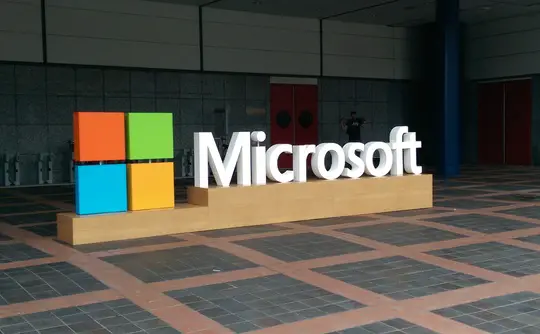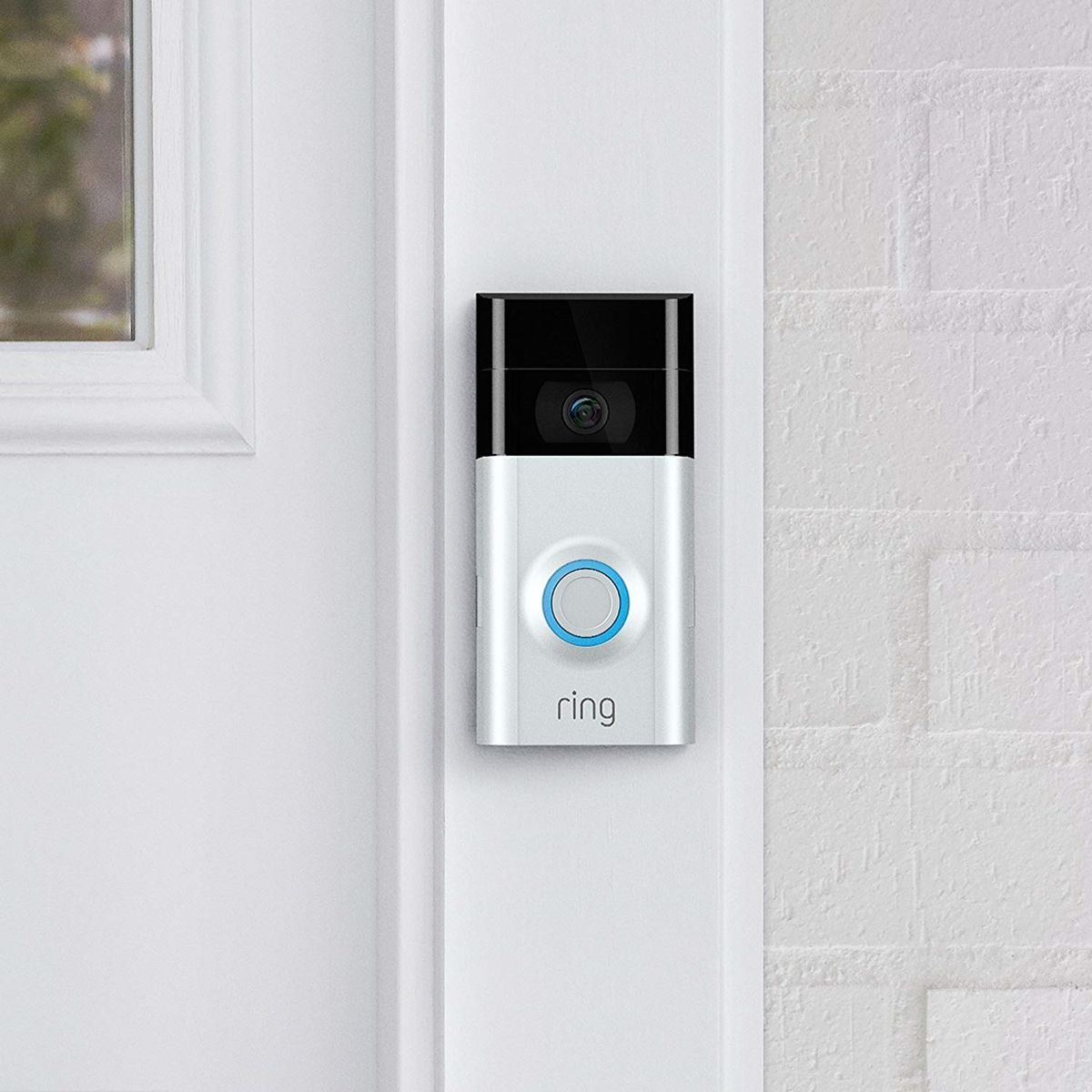Google has a pretty interesting track record when it comes to heated public auctions of technology assets, but this time around they’ve really outdone themselves. As we earlier reported, Google lost the auction for Nortel’s assets to a consortium of tech powers, but along the way Google raised eyebrows with several interesting bets including one for $3.14159 Billion Dollars.
Yep… Pi Billion Dollars.

They also placed bids awkward bids of $1,902,160,540 and $2,614,972,128, representing Brun’s Constant and Meissel-Mertens constant, two prime number related mathematical rules.
One source as reported by Reuters claimed, “”Either they were supremely confident or they were bored.” Or perhaps they were really, really smart.
 Reuters stated that “Google’s shenanigans did not work,” but only two sentences later claim that the successful $4.5 Billion dollar bid was 3 times the expected sale price. Perhaps Google’s shenanigans worked exactly as they hoped.
Reuters stated that “Google’s shenanigans did not work,” but only two sentences later claim that the successful $4.5 Billion dollar bid was 3 times the expected sale price. Perhaps Google’s shenanigans worked exactly as they hoped.
Maybe next time, they’ll wear the t-shirts seen left to the actual auction.
What if Google’s goofy bids were made for the purpose of instigating a sense of utter irreverence. Maybe Google bidding in a light hearted and funny manner was meant to humiliate the competition into overbidding for Nortel’s assets, turning a financial decision into an emotional auction. Do you think Apple, Microsoft, RIM, Ericsson, and Sony really want Google making a joke of the situation? Don’t you think maybe – just maybe – these companies took Google’s bids as a disrespectful slap in the face of sorts?
Relatively speaking, Google is the newcomer of the bunch. Think of the bidding situation like this: the adults are bidding at auction and some punk teenager comes in and totally disregards the traditions and rituals, turning the auction into their personal little spectacle.
Google is no stranger to playing games at auction. In 2008, Google lost the 700MHz spectrum auction to Verizon but walked away the winner. They never intended to win, instead only desired to push the price above $4.64 billion dollars at which point the spectrum would face an openness requirement regardless of the winner.
This could be a very similar situation as 2008. It’s very likely that Google never intended to win the auction, but instead artificially inflate the price, forcing their competitors to overpay for the assets and perhaps even complicate things with the newly formed “consortium”.
We’ll probably never know about the backroom discussions and bidding strategies, but it sure is fun to speculate. Over the next few years, it’ll be interesting to see how these intellectual assets are leveraged by the consortium and if failing to win the auction ends up biting Google in the butt.









I like pies.
Not that kind of pie? Oh.
It’s really upsetting that Google lost regardless of their real intentions. They needed those patents as protection from trolls like Apple, Microsoft or Oracle. Google is still a new company in comparison and competing companies now have even larger arsenals of innovation-killers.
Christmas Pudding; Christmas Pie Is the problem’s very center.
6 companies just paid 4.5 Billion for 6000 patents. Imagine their return on investment. How is Google the fool on this one?
So now the question becomes how they split the patents up.
The companies will sue for 4.5 billion dollars from android manufacturers thereby making the patents essentially free
If Google knew that Apple and Microsoft were in the bid for these patents, ahead of time, then I do not believe that the heads of Google, truly believed that they alone could or would out bid the competition. Instead, I suspect that the strategy was to make the competition pay, and pay big, for the perceived bounty. I bet that they were hoping that an Apple or a Microsoft alone, would bid into the stratosphere for these patents. Thus taking a bite out of their immediate cash reserves. Google knows that Apple and Microsoft can not and most likely will not try to sue or extort everyone that uses the Android OS in their products. Those suits take time and cost lots of money. Also, as Google does not actually make and distribute any Android based products themselves, and it theoretically derives no direct profit off of the distribution of the Android OS. As such Google is at relatively little risk. The Oracle thing caught Google off guard a bit, I think.
I, like others, really want Google to stand behind the Android platform, and to fight tooth and nail for it’s continued success and mobile market dominance. However, I realize that this is somewhat of a magnanimous effort on the part of Google to continue to develop, integrate and support Android, the way that they have, thus far. Yes, Google does make indirect monies from ad revenues though the distribution of the Android OS and it’s other products, and Google is just basically securing it’s ability to leverage the vast installation of the Android OS to control it’s own financial destiny (The moat and castle business model reference). This might explain the reason for the bidding games regarding these specific patents and the methodical acquisitions that Google has been making over time. Spend $3-$4 Billion on a patent portfolio simply to have the patents in your back pocket to stave off any potential law suits in the future, does not seem like a very good business proposition to me, considering the Android OS business model that Google is currently using. If the cost of any law suits for potential patent infringement, total less than the purchase price for these patents, then Google played the game well. IMHO It would be a calculated gamble, the way I see it, and in the mean time Google has time to either develop or change it’s products, in ways that no longer violate anyone’s patents or licensing agreements. I know that I thought it odd that Google would announce or allow to be announced, it’s ~$900 Million bid for this patent portfolio, so early in the game. Kick the hornets nest much, there Google?
Apple and Microsoft have massive cash reserves. 4.5 billion dollars is just pocket change to them.
Also, playing that type of game can backfire IF they really didn’t want to win.
Imagine you or I bidding on something on eBay trying to “drive up the price” only to win and are now liable for paying out the @ss for something we “really didn’t want anyway”
yea thats true but im sure they wouldnt mind winning it for those prices that they bid cause they would be winners both ways, the consortium of companies were obviously formed because these companies are scared of google, just think about it google is a search engine that has more pull than all of the companies other microsoft, and google is continually buying new companies.
when i think of google i think of google.com, when i think of apple or mac i think of computers and the iphone; something that it specializes in but the truth of the matter is google is better at the cell phone part than apple
Google has a lot too, about a third of all the others put together, and just less than half with their partner, Intel
Its pretty damn arrogant of google to do such a thing. to take a bidding war and turn it the way they did. this is something apple would do and I hate that. f google.
You realize 5 other companies pooled together money against Google to sue them?
Google realized what was going on and showed them that they’re not afraid.
Even though I’d like seeing Google to secure those patents, I also think – What for? They don’t distribute Android, they don’t produce phones… Let others from Android association pick up the bill for once. And I totally love the bidding strategy. I’m quite sure that engineers at Nortel would too, as they were the ones to invent those things patented at the first place. And seeing Google helping them triple the price of the package must be heart worming for them. For those who’s not in Canada – there’s big issue with shareholders not being able to pay off decent pensions and compensations to workers, and the triple deal might just be what they needed to deal with that.
I wouldn’t worry too much about Google or Android manufacturers getting sued out of business based on these patents. They are apparently filled patents that should never have been given based on their vagueness. Defending your rights to that type of patent would have to be an uphill battle. Google now saves the 3.14 Billion that they would have probably not spent anyway to pay for any legal issues.
Also in terms of manufacturers, most of the manufacturers are strong and able to withstand lawsuits.
Plus I think adversity will could go a long way in encouraging real innovation (see: not just making your device shiny and thin and saying its an amazing innovation) by Androids good manufacturers. The type of adversity that Apple felt before it developed the original iPod, their last real product innovation (everything since has been improving and revising that first iPod)
If Google were to lose the case that Oracle are bringing against them I’d love to see them just pull out of the US market in protest against America’s dire software patenting laws. It wouldn’t be unprecedented, they’ve previously pulled out of a potentially bigger market (China) as a protest against government policies there.
Imagine the effect if all americans suddenly saw on the Google.com home page “Sorry, this service is not available in your country due to restrictive patent laws”.
Might cause a shake up of the patent system.
Google makes profits from Ads. I believe that they really don’t care much about the profit that patents could possibly bring. I believe that they are confident and have nothing to hide with in there tech and software. What this could have been was a way to blindside their real wants “Hulu”. Now Google can diffidently out bid the other companies that just spent a pretty penny where as Google still has their pretty penny to spend. Hulu allows for Google to utilize the ads to their advantage. Advertising is what Google is good at and that is what will most likely always be at the forefront.
Wouldn’t it be great to see Google turn around and buy RIM and become part of the winning consortium… :)